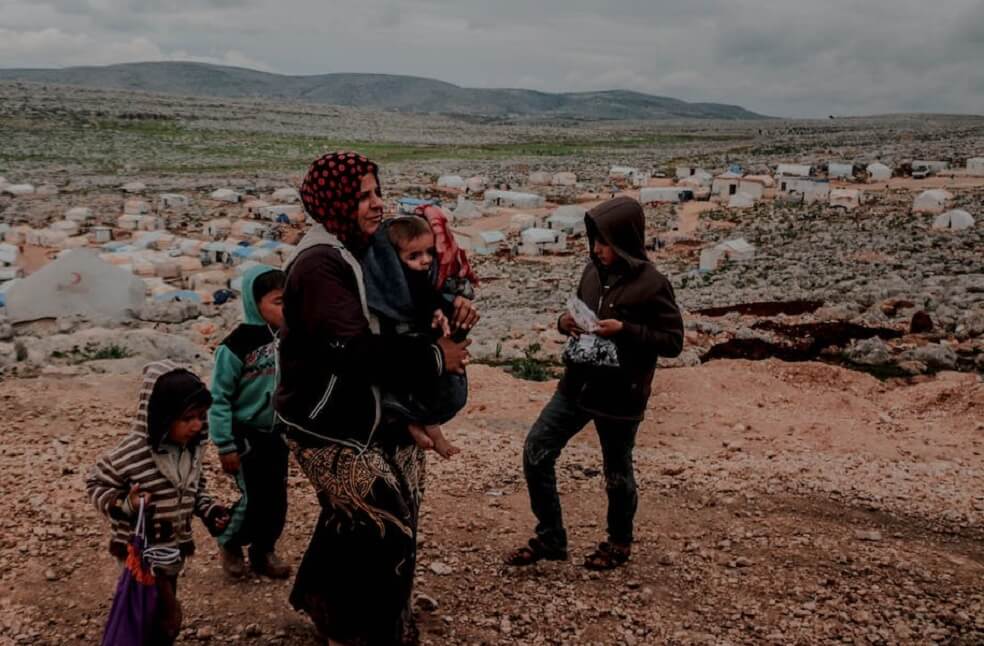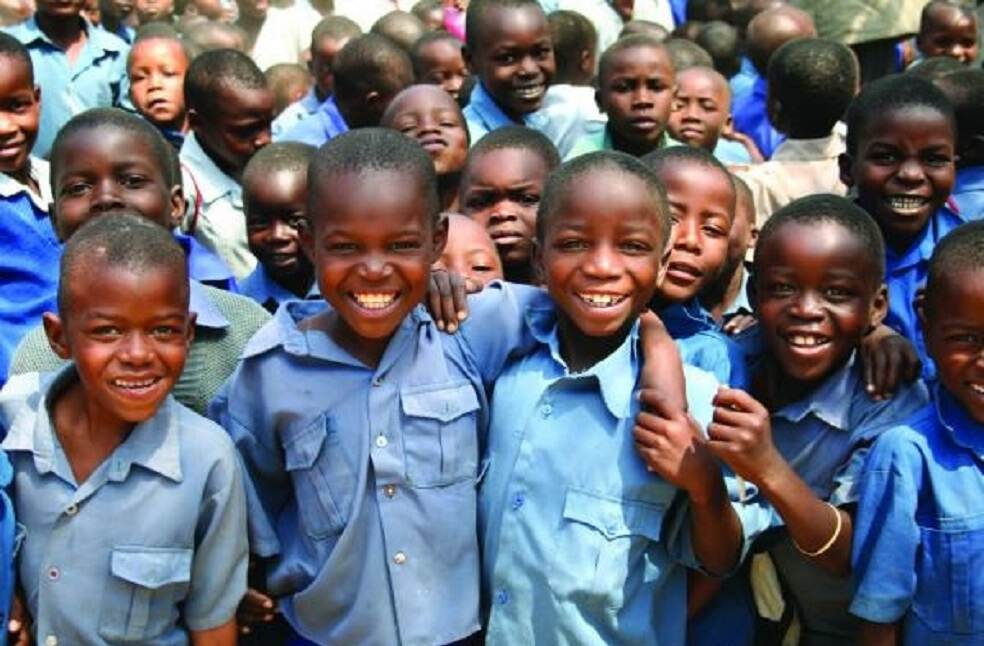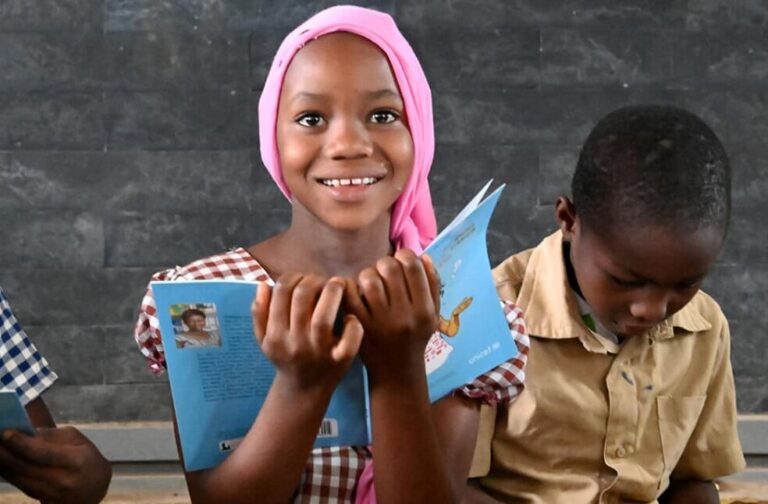United States: A new report has found that at least 43 million children have been displaced due to extreme weather events over the past six years. As a result, about 20,000 children are being forced to abandon their homes and schools every single day.
According to the analysis by UNICEF and the Internal Displacement Monitoring Centre (IDMC), floods and storms were the cause of 95 percent of recorded child displacement between 2016 and 2021. The rest, more than 2 million children, were displaced due to wildfires and drought.
The consequences of displacement are traumatic, disruptive, and damaging for children, who may miss out on education, life-saving vaccines, and social networks.

“It is terrifying for any child when a ferocious wildfire, storm, or flood barrels into their community. For those forced to flee, the fear and impact can be especially devastating, with worry of whether they will return home, resume school, or be forced to move again,” UNICEF Executive Director Ms. Catherine Russell commented.
China, the Philippines, and India reported 22.3 million child displacements, which is just over half the total number, due to monsoon rains and cyclones and large child populations in those countries.
However, the greatest proportion of child displacements were in small island states, many of which face climate emergencies, and in the Horn of Africa, where conflict, extreme weather, poor governance, and resource exploitation overlap.

76 percent of children were displaced on the small Caribbean island of Dominica, which was devastated by Hurricane Maria in 2017. Somalia and South Sudan recorded the most child displacements due to floods, affecting 12 percent and 11 percent of the child population, respectively.
Ms. Verena Knaus, the UNICEF lead on global migration and displacement, remarked that “this is absolutely a conservative estimate and possibly just the tip of the iceberg for some climate impacts. Climate is the fastest-growing driver of child displacement, yet most policies and discussions about climate finance fail to consider or prioritise children.”



